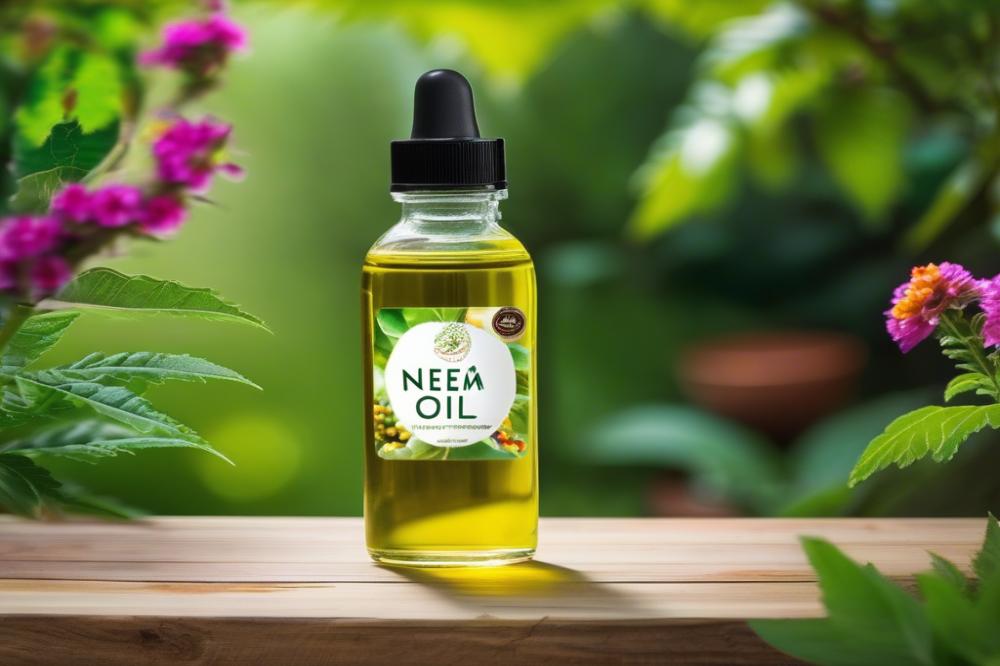Introduction
Neem Oil is a natural substance extracted from the seeds of the neem tree, which is native to the Indian subcontinent. This oil has gained popularity in recent years due to its numerous Neem Oil benefits. Known for its effectiveness in pest control, this eco-friendly product has become a staple in organic gardening practices. Many gardeners prefer it for its ability to tackle various challenges without harming the environment.
garden pests are a major concern for anyone involved in horticulture. These unwanted creatures can cause significant damage to plants, threatening their health and growth. Common pests include aphids, whiteflies, and spider mites, which suck the life out of plants. Left unchecked, these insects can lead to reduced yields, unhealthy plants, and even complete crop failure. This emphasizes the need for reliable and effective solutions to protect your garden.
Using natural remedies like neem oil offers a safe alternative to traditional insecticides. Such methods support sustainable gardening by minimizing chemical exposure to both plants and people. With a little effort, gardeners can create a thriving environment. Understanding how to use this oil not only boosts plant health but also contributes to an overall healthy ecosystem. Whether you are a novice or an experienced gardener, learn how to incorporate neem oil into your pest management strategy to enjoy its many benefits.
Understanding Neem Oil
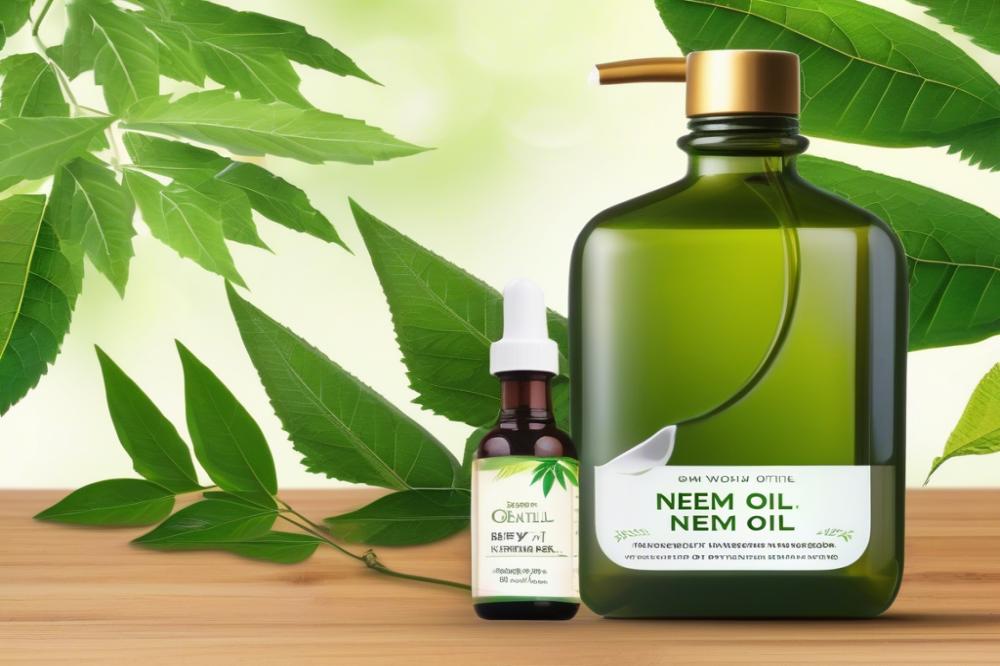

Neem oil is a natural substance derived from the seeds of the neem tree, known scientifically as Azadirachta indica. This tree thrives in tropical and subtropical regions. To extract the oil, the seeds are crushed, and the oil is then pressed out. The process is quite straightforward but results in a powerful natural product. People have used neem oil in agriculture and horticulture for centuries.
Within neem oil lie several active compounds, the most notable ones being azadirachtin, nimbin, and salannin. These compounds act as a potent insecticide. They disrupt the normal functioning of garden pests. When insects ingest these compounds, their ability to feed and reproduce is hindered. This process gradually reduces pest populations. Essentially, it targets various stages of the insect life cycle, making it effective against many types of garden pests.
Choosing neem oil for pest control comes with significant benefits, especially for those practicing organic gardening. This product is eco-friendly and does not harm beneficial insects when applied correctly. By using natural remedies like neem oil, gardeners can maintain plant health without resorting to harsh chemicals. It promotes a balanced ecosystem in the garden, allowing for sustainable gardening practices that benefit both plants and their surroundings.
Common Garden Pests Targeted by Neem Oil
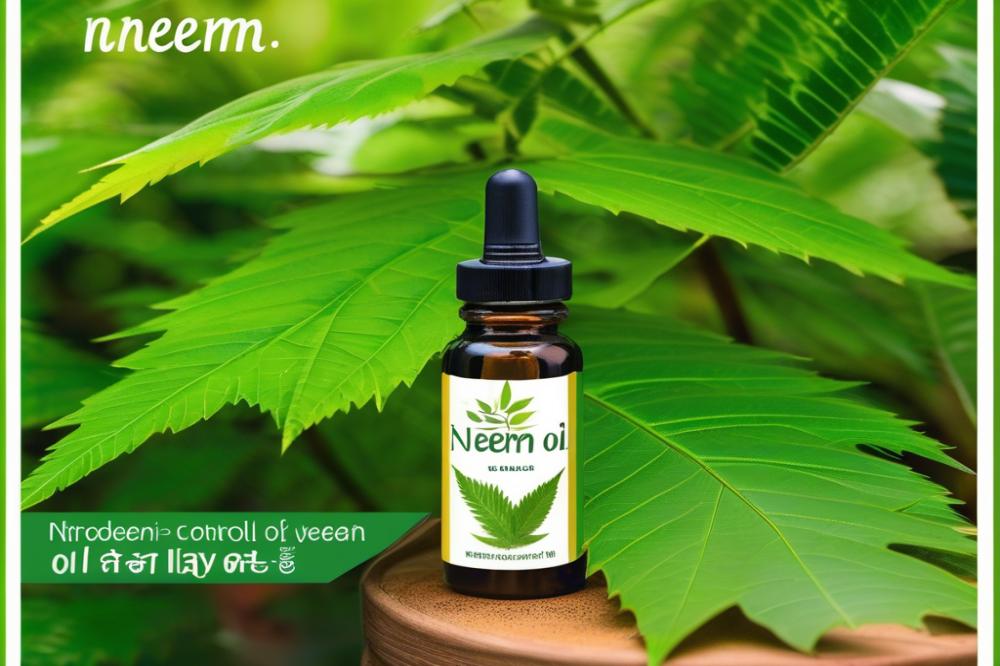

Identifying common garden pests is crucial for maintaining a healthy growing environment. Aphids often show up in clusters on new growth and stems. These tiny critters suck the sap out of plants, leading to stunted growth and yellowing leaves. Spider mites, another nuisance, create fine webs on the undersides of leaves. They thrive in hot, dry conditions and can cause serious damage if left unchecked. Similarly, whiteflies resemble tiny moths, and their presence can lead to a sticky residue known as honeydew on leaves, which attracts even more pests.
Signs of infestation can be easy to spot. Leaves may curl, discolor, or have tiny holes. Black sooty mold can form on honeydew-coated surfaces, further harming plant health. When pests invade, they can weaken plants significantly, impacting overall growth and productivity. Damage from these pests may lead to smaller fruits or flowers, affecting not only appearance but also yield in your garden.
Utilizing organic gardening techniques can provide a sustainable solution to managing these pests. An insecticide derived from the neem tree serves as an effective natural remedy. This eco-friendly option disrupts the life cycle of aphids, spider mites, and whiteflies. Applying neem oil tackles the problem at various stages of a pest’s life, reducing their populations over time.
The benefits of this approach are numerous. It not only reduces the immediate threat posed by common garden pests but also supports healthy horticulture practices. Embracing sustainable gardening can ensure a vibrant garden while respecting the environment. By using natural solutions, gardeners can protect their beloved plants without relying on harsh chemicals. This aligns well with the increasing demand for organic methods in pest control.
How to Apply Neem Oil for Pest Control
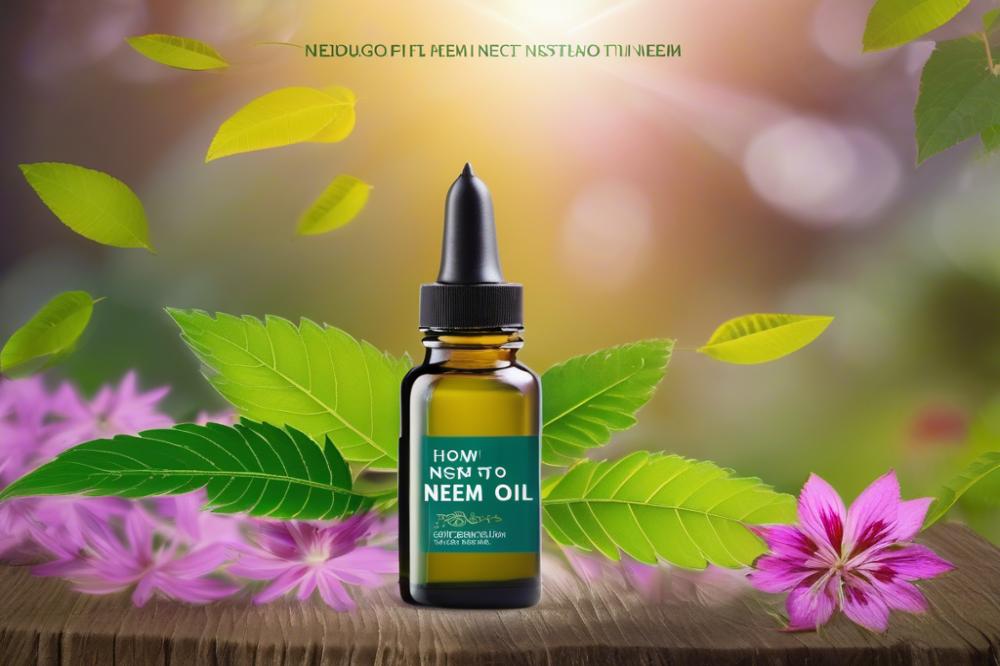

Using neem oil for pest control can be a game changer in organic gardening. It acts as a powerful insecticide that targets a variety of garden pests while promoting plant health. Follow these simple steps to prepare your solution, apply it effectively, and maintain a regular schedule for the best results.
Preparing Neem Oil Solutions
First, gather your materials. You will need pure neem oil, a spray bottle, water, and a mild soap. Begin by mixing 1-2 tablespoons of neem oil with one gallon of water. This creates a concentrated solution that is effective against many insects.
Next, add a teaspoon of mild soap. This helps the neem oil mix with water. Shake the bottle well to combine all ingredients. Ensure that the solution is uniform. Preparing small batches is advisable to avoid waste.
Methods of Application
Once you have your solution ready, think about how to apply it. Spraying is the most common method. Use a sprayer to coat both the tops and undersides of leaves. This ensures that all the potential hiding spots for pests are treated.
Soil drenching is another effective option. This involves pouring the neem oil solution directly onto the soil around affected plants. This method promotes absorption by the roots and targets pests that dwell in the soil.
Frequency of Application for Optimal Results
To maximize neem oil benefits, apply the solution every 7-14 days, particularly during the growing season. For severe infestations, you may need to spray more frequently. Observing your garden after each application can provide valuable feedback.
Pay attention to the weather. Avoid spraying before heavy rains. Excessive water can wash away the effectiveness of the solution. Timing your applications around dry periods can offer better results.
Maintaining a consistent schedule of applications not only controls garden pests, but also enhances long-term health for your plants. Regular use helps to create an eco-friendly environment by minimizing the need for synthetic chemicals in horticulture. Remember, effective pest control through natural remedies allows your plants to thrive sustainably.
Integrating Neem Oil into Organic Gardening Practices
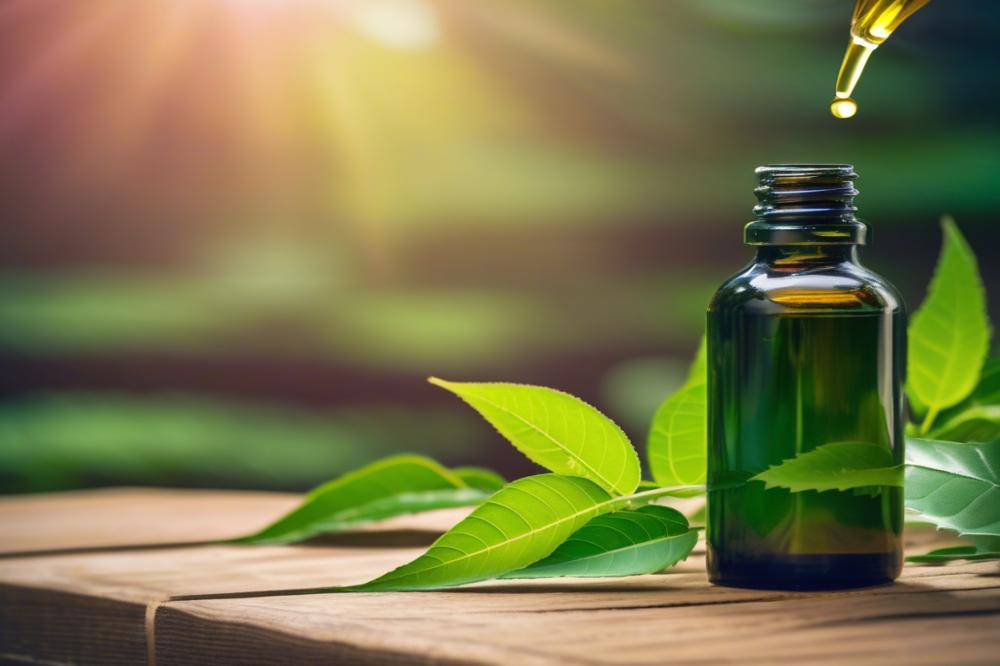

Using neem oil as part of a broader pest management strategy is highly effective. This eco-friendly solution works well alongside other natural remedies. When you combine different methods, you enhance your chances of keeping garden pests at bay. Think of it as adding another tool to your horticulture toolbox.
Companion planting plays a vital role in organic gardening. By planting certain species together, you can deter unwanted insects naturally. For instance, marigolds planted alongside vegetables can repel pests. This technique complements the use of neem oil, creating a supportive environment for healthy plants.
Maintaining plant health is crucial while employing neem oil. Focus on using this substance correctly to benefit your garden. Applying it during the early morning or late evening helps prevent any unwanted sunburn on leaves. Always dilute it properly to avoid harming your plants further.
Moreover, integrating basic practices like crop rotation can support your pest control efforts. Regularly changing your planting locations disrupts the lifecycle of harmful insects. By adopting sustainable gardening techniques, you naturally reduce pest populations over time.
Furthermore, strengthen your plants through proper watering and fertilization. Healthy plants are less susceptible to insect attacks. While you cruise along in your gardening journey, monitoring your plants closely will help you notice any signs of trouble early.
In addition, educate yourself about the specific pests that trouble your garden. Knowing what affects your plants enables you to take action quickly, either with neem oil or other remedies. Embracing a combination of strategies leads to more robust protection against garden pests.
Safety and Considerations
When using neem oil for pest control in your garden, it’s crucial to prioritize safety. Always wear gloves and a mask while applying the organic insecticide. This protects your skin and lungs from potential irritation. Keep pets away from treated areas until the oil has dried completely. Many pets are curious and may want to investigate plants, so take precautions for their health.
Applying neem oil can affect not just garden pests, but also beneficial insects. Bees and butterflies are essential for pollination and healthy plants. To minimize impact, always consider the timing of your applications. Early mornings or late afternoons are the best choices. Spray during these times when pollinators are less active, ensuring your garden remains a safe haven for them.
Another important point involves understanding how neem oil works. Its natural remedies target specific pests while being less harmful to others when applied correctly. However, it’s smart to test a small area of your plants first. Observe any changes over 24 hours. This will help you know how your plants react without risking widespread issues.
In organic gardening, maintaining plant health is vital. Use neem oil as part of a broader strategy to manage pests. Combining methods is often more effective. Consider companion planting or introducing insects that prey on harmful ones. This thoughtful approach supports sustainable gardening practices.
Be cautious with the concentration of your mixture. Strong solutions may harm your plants. Always follow recommended guidelines for dilution. This will maximize neem oil benefits and ensure that your plants thrive while keeping garden pests at bay.
Final Thoughts on Using Neem Oil
Neem oil stands out as an effective eco-friendly method for pest control in gardens. It disrupts the life cycle of many Garden Insects, making it a reliable choice for managing infestations. Gardeners appreciate its ability to minimize damage while remaining safe for beneficial insects. This makes it suitable for use in organic gardening, where sustainability is essential.
Using a natural remedy might feel unconventional to some, but many have found success with this approach. The benefits often outweigh the need for harsh chemicals. It’s crucial to be patient, as effects may take time to show. However, results can lead to healthier plants and a thriving ecosystem.
Considering the growing interest in sustainable horticulture, more people should explore the option of neem oil. It fosters a holistic approach to gardening, helping to maintain balance in nature. By opting for this natural solution, you’re not just addressing immediate pest issues. You are also contributing to a healthier environment for future generations. So, when faced with garden insect problems, think about neem oil as a viable, natural remedy.

